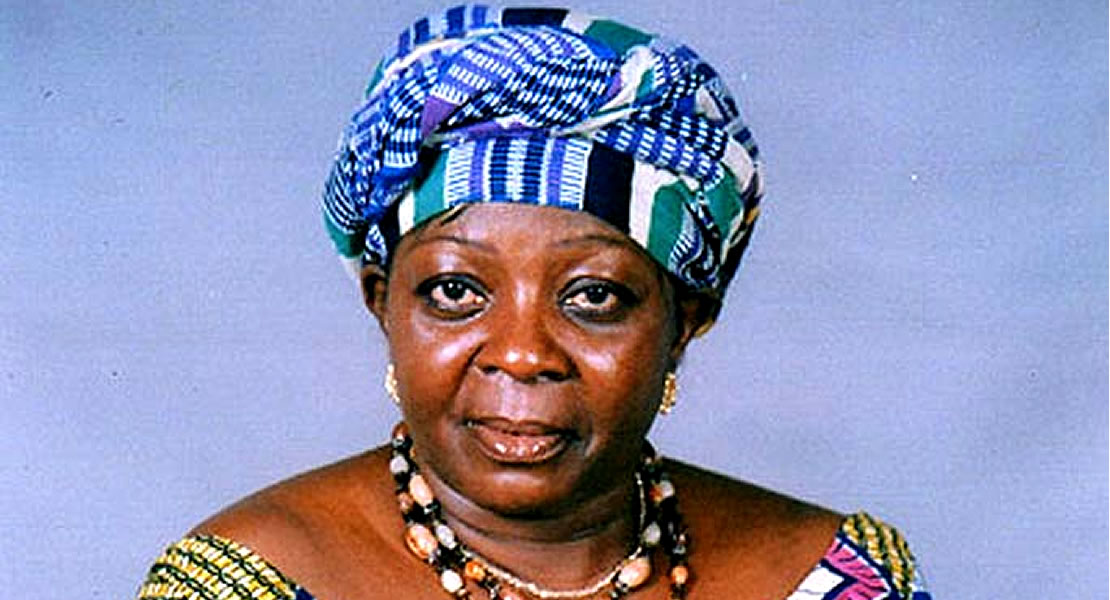
Mrs Juliana Azumah-Mensah, a former Minister of Women and Children’s Affairs, says it is difficult for women Members of Parliament to vigorously articulate issues of gender on the floor of parliament due to their limited number.
She said 30 women out of 275 Members of Parliament were extremely insignificant to put up strong argument for issues of women on the floor of male-dominated parliament and get supported.
The Former Minister said this at the national forum on women organised by the Gender and Human Rights Documentation Centre in partnership with Womankind Worldwide, UK, on Monday.
The forum sought to create the platform for all stakeholders to discuss and formulate strategies for engagement and maintaining effective relationships with women representatives in parliament.
Mrs Azumah-Mensah, the MP for Ho East, said “women MPs are under stress, frustrated because our number is too small…we would want to do a lot but we don’t have the control.”
However, she said, on some occasions they lobbied their male counterparts who are sensitive to gender matters.
She said it was regrettable that since the passage of the Domestic Violence Law in 2007 there had not been any legislative instrument to provide clear guidelines for its implementation.
She said the situation was partly responsible for the slow implementation of the Domestic Violence Law with its legislative instrument locked up at the Attorney-General’s Department, passage of the affirmative action for women and interstate succession law as well as spousal and property law.
She said women MPs faced widespread marriage break downs due to parliamentary committee work pressure which might not be reported, adding in some cases few women attempted to bring along their husbands but it failed.
The MP called for closure and regular collaboration between women’s groups and women MPs to map up strategies for speedy and effective implementation of laws affecting women leadership.
Ms Hamida Harrison, Convener for Women Manifesto and Mrs Elizerbeith Akpalu, Gender Consultant, called on political parties to be democratic enough by making the processes for electing leaders transparent and work towards eliminating corruption associated with such elections.
They said in spite of years of hard work to get women participate in political leadership, research had revealed a downward trend of women participating in political leadership positions.
Participants resolved to reverse the trend by building strong linkages, networks and alliances with individuals and relevant organisations, particularly Gender Communication Network to track and report critical gender issues at every stage of advocacy.
GNA